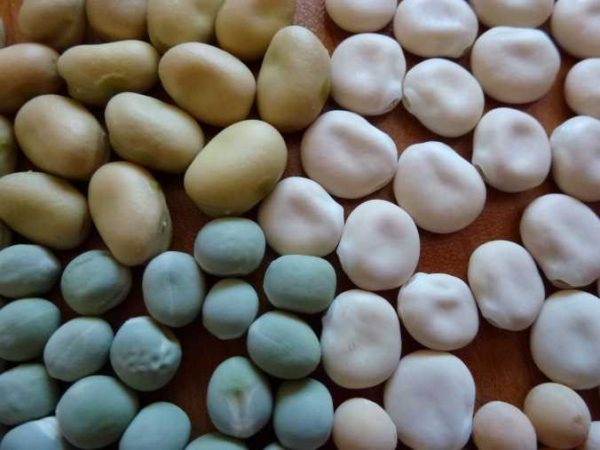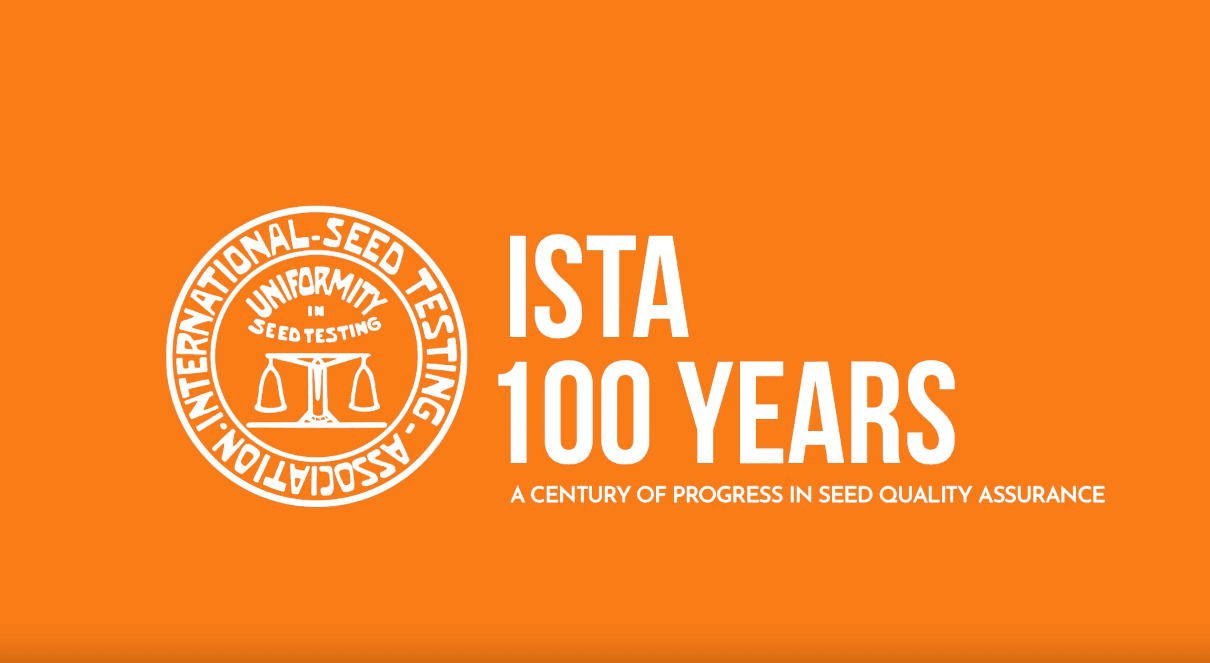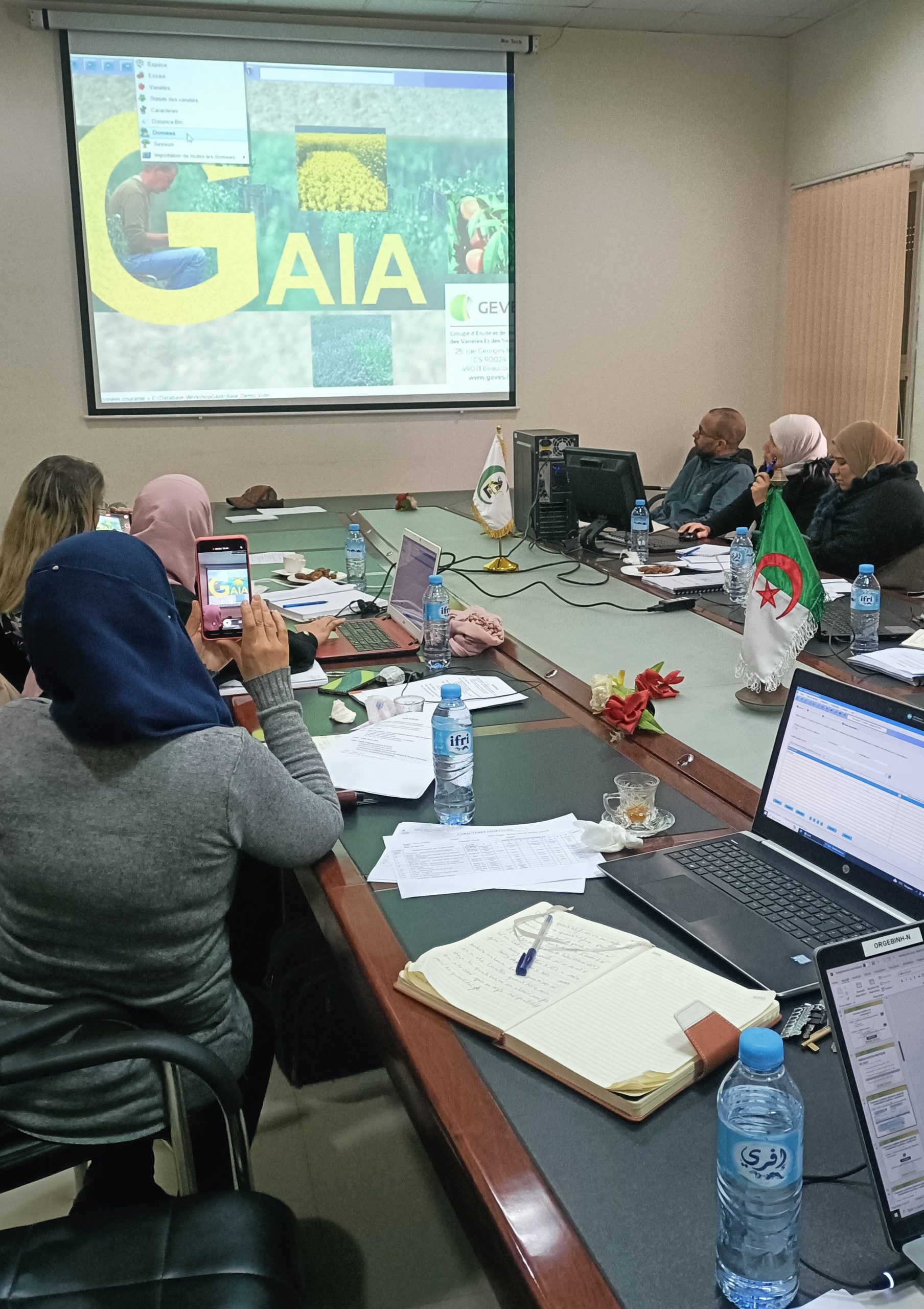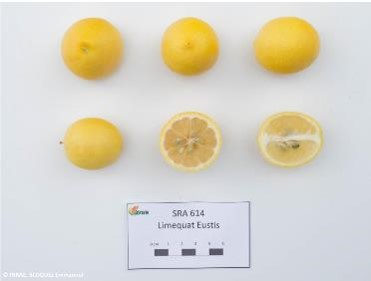
Return of the CTPS Section “Protein crops” from 12/11/2020 : a year rich in number of variety registrations and diversity despite difficult climatic conditions
The 2019-2020 protein crop season has been complicated, both in climatic and health terms, with production declining at the French farm level despite a recovery of 355,000 ha of protein crops. This overall situation has also affected the VATE and DHS trials implemented on behalf of the CTPS. However, the expert commissions and then the CTPS “Protein crops” section, which met on November 12 at a videoconference, were able to deal with sufficient information to propose 20 new varieties of protein crops for registration.
The 2019-2020 protein crop season has been complicated, both in climatic and health terms, with production declining at the French farm level despite a rise of the protein crops area at 355,000 ha. This overall situation has also affected the VCUS and DUS trials implemented on behalf of the CTPS. However, the expert commissions and then the CTPS “Protein crops” Section, which met on November 12 at a videoconference, were able to deal with sufficient information to propose 20 new varieties of protein crops for registration:
- 1 variety of winter bean,
- 4 varieties of spring bean, including 3 with a low content of vicine-convicin (molecules with anti-nutritional activity),
- 1 variety of winter lupin,
- 4 varieties of winter pea, including 1 of the Hr type (reactive to the photoperiod, adapted to early sowing) and 1 other for the breakage use section (future split pea),
- 7 varieties of spring pea, including 1 also for the breakage use section.
→ Note, for winter peas, 2 varieties which present, a low content of antitryptic factors (FAT) and good resistance to cold. A high level of FAT reduces the digestibility of proteins and amino acids and degrades the performance of young sensitive animals such as piglets. In addition to these species usually dealt with by the CTPS “Protein Plants” Section, the Section, newly mandated to deal with these species, proposed this year the inclusion of 1 variety of green grain lentil and 2 varieties of chickpea of the Desi type.
Among the main news items discussed in this CTPS Section, the development of a method for assessing the resistance of faba beans to botrytis (BotryFev project) carried out by Terres Inovia. As a reminder, botrytis (Botrytis fabae) is a frequent disease on a national scale, particularly severe for winter field beans and a major limiting factor. However, the good correlation between the results obtained under controlled conditions and in the field still needs to be verified before a test is validated at the CTPS, probably in the autumn of 2021.
Developments (spectrophotometry) are being studied to make the evaluation of the “breakage” claim for green peas, and now coral, more reliable.
The project for the co-construction of a chickpea VCUS has been presented to the CTPS Section. As a reminder, when the CTPS was renewed in November 2019, chickpea and lentil species, which are currently not subject to VCUS tests before registration, but only to DUS tests, were transferred from the “Vegetable species” CTPS Section to the “Protein plants” CTPS Section in order to set up an assessment of genetic progress at the request of the commodity chains (COSELAG project). For chickpeas, a post-registration network has been set up by Terres Inovia and its partners for 3 years. GEVES and Terres Inovia could collaborate in the form of a merged network, enabling the varieties under study on behalf of the CTPS to be experimented in the Terres Inovia network, with the addition of a few sites brought in by GEVES. The characteristics of earliness, flowering, height, yield, thousand kernel weight, kernel size and protein rate would be evaluated. As far as pests and diseases are concerned, the number one problem is Ascochytosis. The need for a test under controlled conditions with validation of the behaviour of the varieties in the field has been raised to the level of the Ascolup project. The section has mandated the President and the Technical Secretary to set up a VCUS chickpea expert group with the aim of starting the VCUS network in spring 2022.





